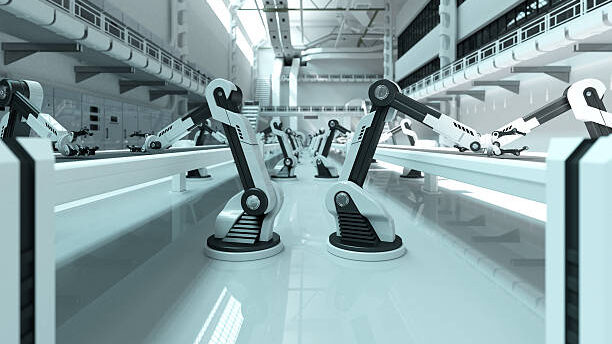In Control Room – How Kabal Operates
Our Philosophy
At Kabal, we believe that morality should be left to the philosophers. Our only philosophy is that well-informed bad decisions do less harm than ill-informed good decisions. We do not strive to provide the world with a moral framework to run things. We strive to provide decision-makers with precise data to make good decisions. “Data is the new oil” is a common phrase, but we also believe that data is the new moral compass. If decision-makers get access to the right data at the right time, many misfortunes can be avoided. We are using a combination of AI models, including LLMs and Customized Neural Networks, to achieve this goal. We believe that society is fundamentally a complex adaptive system that adapts and evolves given the situations at hand. This has been our secret sauce for survival for thousands of years. At its most basic level, we are extremely susceptible to change. This is not just a human behavior; it happens in all organisms and even in fields like physics, where the principle of chaos theory prevails over most other theories. In physics, scientists have used highly sophisticated and efficient technological tools to study this phenomenon, but that’s not the case for geopolitics. We believe it is high time to bring such technologies to the sphere of geopolitics to understand, empower, and advance this fascinating field to a point where geopolitical advisors become technologically proficient and competent. We also understand that pure mathematics is only one step towards the solution. Hence, we have done a careful study of International Relations Theory. Three broad theories emerge from this exercise: Realism, Humanism, Constructivism. As a consultancy, it is not our job to choose what lens our clients wish to use for analysis. Instead, we focus on finding data points that refute and support each school of thought. This blends with our computational model brilliantly and provides our clients with multiple perspectives on the same issue.
The process
When it comes to modeling global geopolitics, we break it down into a cause-effect relationship where changes in political sentiment are driven by a combination of political, economic, and social events. Events are at the heart of diplomatic relations, and by studying events in the past and present, it is possible to make an informed decision about what geopolitics will look like in the future. As Mark Twain famously said, “History doesn’t repeat itself, but it often rhymes.” Until now, we have integrated multiple sources of Publicly Available Information (PAI) into our software. Our team of analysts is constantly on the lookout for diverse sources of information, and once they have them, our tech team works on integrating those sources into our software. By leveraging Artificial Intelligence, we amass quantities of information that could never before be imagined. It is an exciting frontier where we can get remarkably accurate and detailed insights into geopolitics. This complements conventional data-driven approaches to prediction to enhance the validity of predictions. The best thing is, our model only gets smarter and smarter.

The Solution
The model agglomerates details about geopolitical events from the past as a foundation for predictions. In this way, it helps clients determine the probability that a country will be experiencing political or economic instability in the future. Additionally, we have built a transparent model so it is able to give a full justification for its reasoning in terms of events that have caused the risk as well as links to Publicly Available Information (PAI) sources that describe the event. To allow for more flexible use, the model enables the user to input an event that might happen in the future. Then, it returns the state of geopolitical relations after the event has taken place and whether the event increases risk beyond a dangerous threshold. Hence, users can see further into the future, giving clearer insights into geopolitics. Our model takes inspiration from Neural networks and System Dynamics to be able to achieve this level of flexibility, explicability, and scalability. Its design is inspired by game theory but goes beyond being able to find patterns in the complex domain of global geopolitics.

Discover a world of possibilities
It just takes a few clicks to step into the world of Geopolitics and Check out what really cooking in the world.